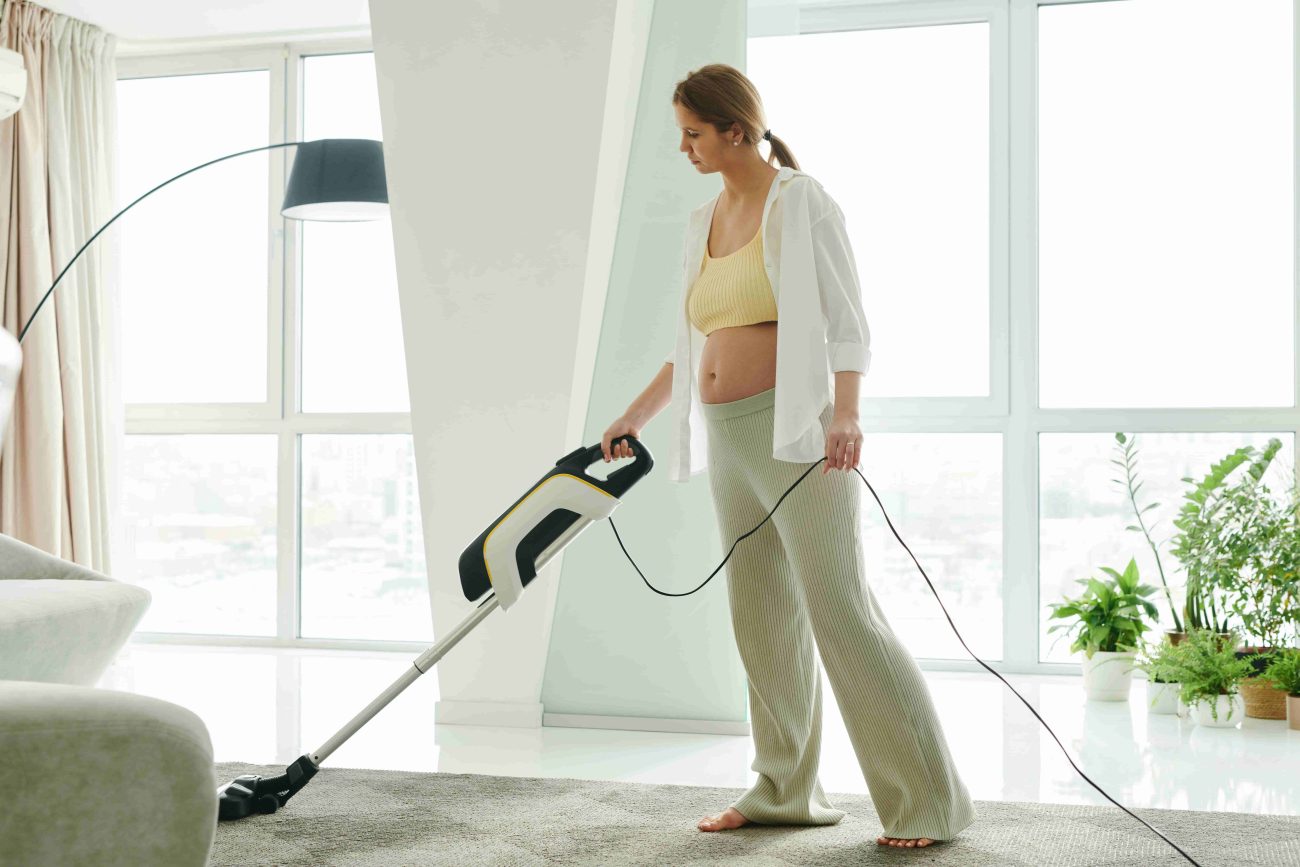Introduction
Oil stains on carpet and upholstery are some of the most stubborn and difficult to remove. If you want to remove oil stains from carpet and upholstery effectively, you’re in the right place. This 2025 guide provides step-by-step instructions using proven DIY methods, natural remedies, and the best commercial products to restore your fabrics and keep your home clean and fresh.
Why Are Oil Stains on Carpet and Upholstery So Hard to Remove?
Oil stains penetrate deep into carpet and upholstery fibers, making them resistant to regular water-based cleaning. Since oil repels water (it’s hydrophobic), specialized treatments are necessary to break down the oil molecules and lift the stain.
Common Causes of Oil Stains on Carpets and Upholstery
- Cooking oils and grease
- Motor oils and lubricants
- Body oils and lotions
- Food spills (butter, salad dressings)
- Furniture polish and candle wax
Immediate Actions to Remove Oil Stains from Carpet and Upholstery
Blot Excess Oil
Quickly blot any excess oil with a clean, dry cloth or paper towels—avoid rubbing, as that spreads the stain.
Apply Absorbent Powder
Sprinkle baking soda, cornstarch, or talcum powder on the oil stain and let it sit for 15 to 30 minutes to absorb the oil.
Vacuum the Powder
Gently vacuum or brush off the absorbent powder from the fabric.
DIY Methods to Remove Oil Stains from Carpet and Upholstery
Dish Soap Solution
Dish soap cuts through grease and oil effectively:
- Mix a few drops of dish soap in warm water.
- Use a cloth dampened with the solution to blot the stain gently.
- Rinse with a clean, damp cloth.
- Repeat until the stain fades.
Vinegar and Baking Soda Treatment
- Sprinkle baking soda on the stain.
- Spray a mixture of 1 part white vinegar to 2 parts water.
- Let it fizz for 5–10 minutes.
- Blot with a clean cloth and rinse with water.
Best Commercial Products for Removing Oil Stains in 2025
- Folex Instant Carpet Spot Remover: Safe and effective on carpets and upholstery.
- Resolve Carpet Cleaner Spray: Breaks down oils and greases on synthetic fibers.
- Woolite Carpet and Upholstery Cleaner: Gentle on wool and delicate fabrics.
- Bissell Professional Spot and Stain + Oxy: Strong formula for heavy-duty stains.
Pro Tip: Always test commercial products on a hidden area first and follow instructions carefully.
Fabric-Specific Oil Stain Removal Tips
Synthetic Fabrics (Nylon, Polyester, Olefin)
- Use enzyme-based or degreasing cleaners.
- Blot gently; avoid aggressive scrubbing.
- Allow to air dry completely.
Wool and Delicate Fabrics
- Use mild detergents like Woolite.
- Avoid vinegar and bleach.
- Consider professional cleaning for severe stains.
Leather and Faux Leather
- Clean with leather-specific cleaners or mild soap and water.
- Apply with a damp cloth without soaking.
- Condition leather afterward to prevent drying.
Professional Cleaning Options for Oil Stains
- Steam Cleaning: Effective for deep oil stains; best left to professionals to prevent damage.
- Dry Cleaning Upholstery: Recommended for delicate and non-washable fabrics.
- Spot Cleaning Services: Professionals use industrial solvents for stubborn stains.
Preventing Oil Stains on Carpets and Upholstery
- Use fabric protectors or Scotchgard sprays.
- Clean spills immediately to prevent setting.
- Place rugs or mats in high-risk areas like kitchens.
- Avoid eating on upholstered furniture.
Troubleshooting Common Issues
- Oil stain persists after cleaning: Repeat treatments or call a professional.
- Discoloration after cleaning: Always spot test cleaners on a hidden area first.
- Mold or mildew after cleaning: Ensure fabrics dry thoroughly and use proper ventilation.
|How to Remove Oil Stains from Clothes (Even After Washing) – 2025 Ultimate Guide
